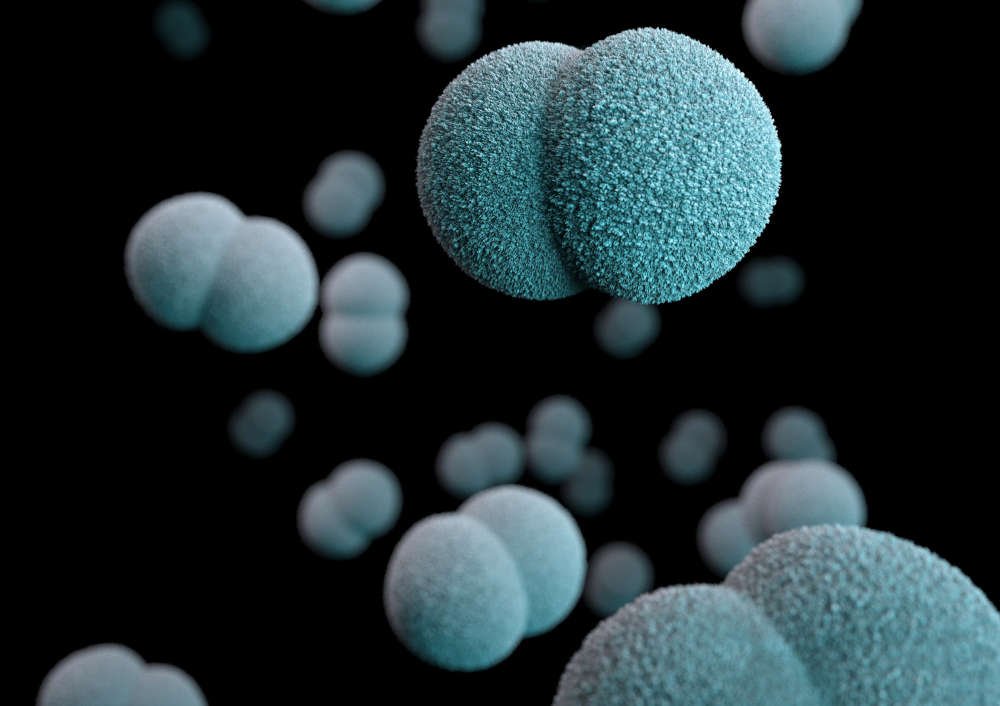
- 7 lessons
- 1 quizzes
- 10 week duration
Module 7
Drug Therapies
Studies revealed that all rotavirus-associated strains causing gastrointestinal symptoms get reduced because of placebo treatment for children at the age of 5 months to 7 years.
One dose of ondansetron can decrease the level of intravenous rehydration, which is causing diarrheal disease. More than one dose of ondansetron can cause harmful impacts on our body systems.
Smectite (a natural adsorbent that binds to endotoxins, exotoxins, bacteria, and viral particles) has reduced the level of acute diarrheal. And still, we need improvement in the drug treatment.
Development of Vaccines
Transmission of rotavirus is suggested to have involvement of mutation which allows the rotavirus and HBGA (Histo blood group antigen) interaction.Interspecies transmission must be monitored to completely understand the restriction of host [123-126]. Although; the rotavirus vaccination has almost 80 % effectiveness in contrast to severe rotavirus disease in high income countries and helps to generate a level of rotavirus specific antibodies enough for the neutralization of virus. It is necessary to study the interconnection and protection to improve the current vaccines and initiate the development of more effective next generation vaccines. Moreover, all licensed rotavirus vaccines are live attenuated vaccines which can revert to harmfulness in prematurely born children and can reassert with the human wild type rotavirus.
